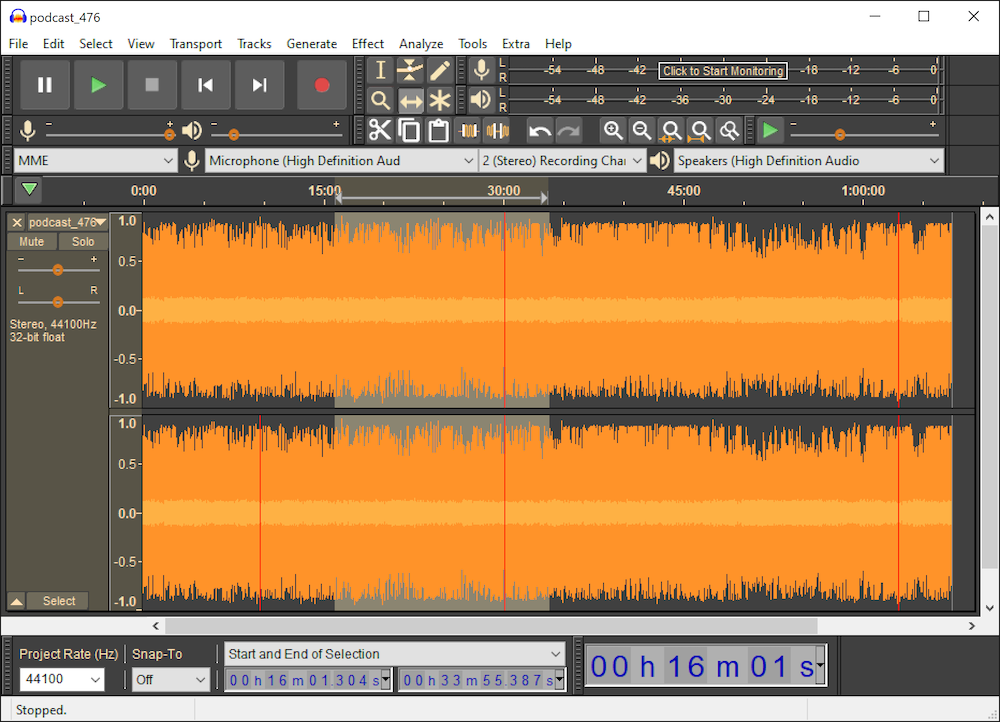

It dates to 17th Century French aristocracy, who paraded horse-drawn carriages in the parks of Paris during summer weekends and holidays. For example, to optimize compiled programs for AMD Zen 3 CPUs, you could change STDFLAGS to: STDFLAGS = -g -O3 -pipe -Wall -march=znver3 -mtune=znver3īut note that this means these packages will only work on AMD Zen 3 CPUs (such as the epyc-7513 nodes on the epyc-64 partition on Discovery).Concours d’Elegance is derived from the French, meaning a Competition of Elegance. You can also target specific CPU microarchitectures if you want. This setup will work across most CPU models on CARC HPC clusters (except older models without AVX2 instructions, such as on the oneweek partition on Discovery). Something like the following is a good starting point: STDFLAGS = -g -O3 -pipe -Wall -march=x86-64-v3 -mtune=haswell Adding optimization flags may provide a boost in performance for some packages. When installing R packages from source with compiled programs, you can add custom compiler flags in ~/.R/Makevars. In the shell: module load zlib bzip2 xz curl In the shell: module load pkgconf libpng libjpeg-turbo libtiff zlib bzip2 libxml2 curl fontconfig freetype graphite2 pcre harfbuzz fribidi glib openssl icu4cĬreate/modify ~/.R/Makevars to include: CPPFLAGS = -I$/lib In some cases you may need to load additional modules in future RStudio Server sessions via the “Additional modules to load” option on the app form in order to use the packages. Load the required modules in the shell, then enter R to open an R session and install packages. If using the RStudio Server app via CARC OnDemand, use the terminal tab within RStudio to install the packages listed below on the command line. Packages that require specific steps to install on CARC HPC clusters are detailed below. For some R packages, certain modules need to be loaded to install the package (build dependencies) and the same modules may also need to be loaded in order to load and use the R package (run dependencies). On Linux, R packages are installed from source by default. Older R versions may require different steps. The following instructions are based on the R 4.2.3 module: module purge

A guide for installing R packages using the modules available on CARC HPC clusters.


 0 kommentar(er)
0 kommentar(er)
